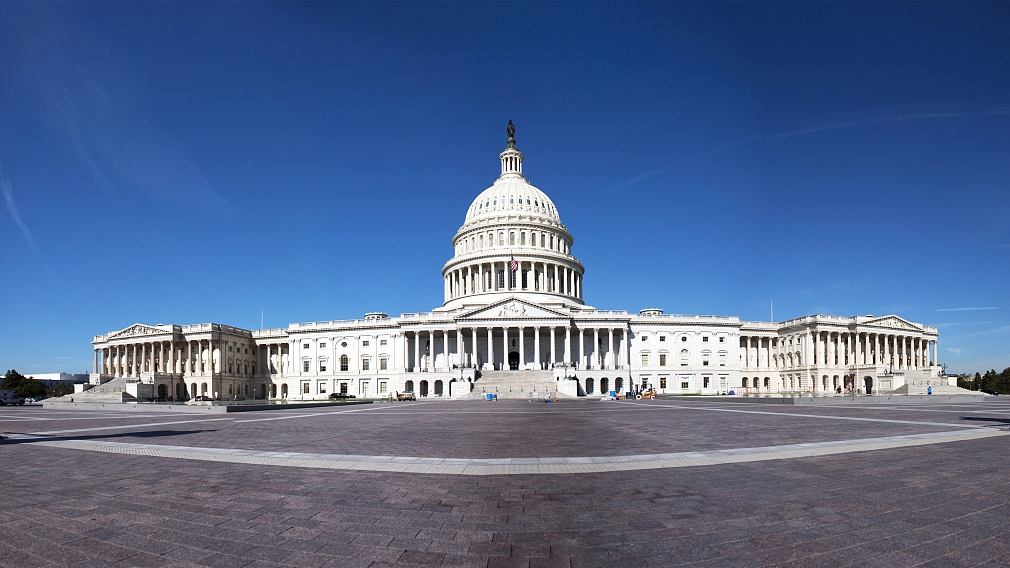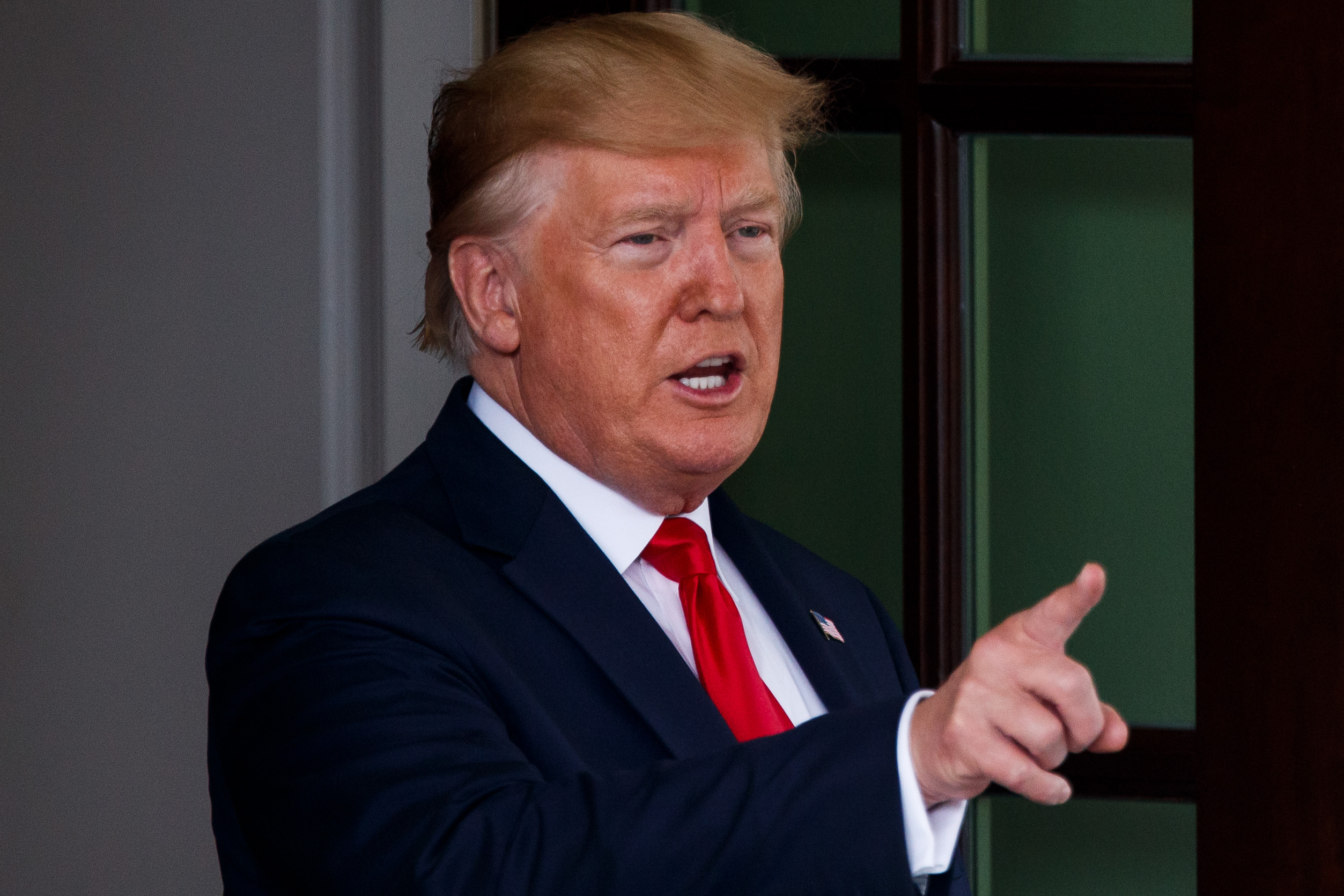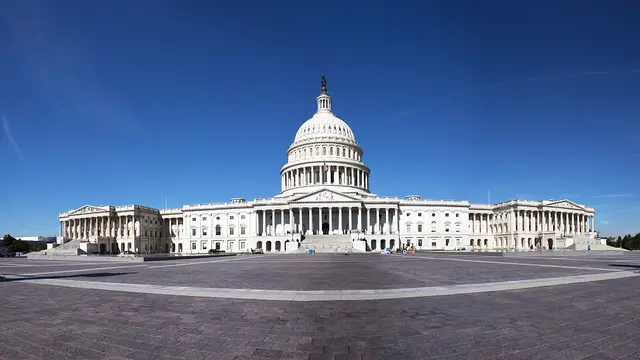
**Editor's note: **Andrew Korybko is a Moscow-based American political analyst. The article reflects the author's opinion, and not necessarily the views of CGTN.
The U.S.' conspicuous absence from an international videoconference earlier this week that raised over eight billion U.S. dollars towards creating a vaccine for COVID-19 signaled that the country is going it alone in this particular global race. The entirety of humanity is threatened by this pandemic, yet Trump is sticking by his mantra of "America First" instead of having the U.S. participate in the collective effort towards this goal.
It's not surprising either since his administration has reportedly redirected mask supplies from across the world to the U.S. over the past two months in a series of brazen acts that were widely described by the international media at the time as "piracy".
There are several possible reasons for why America chose to be absent from this landmark conference, all of which are mutually compatible with one another. The Washington Times quoted an unnamed administration official who insisted that the U.S. already funds most of the organizations and programs that would be recipients of this conference's aid.
That might be true to an extent, except when it comes to the World Health Organization that most of the participants pledged their support for. Trump dramatically decided to discontinue his country's previously generous support to this global institution last month for purely political reasons.
Building off of that tangent, another related explanation is that Trump understands the domestic political gain to be had by doubling down on the idea of "American Exceptionalism". The November election is less than half a year away, and he needs to galvanize the GOP in order to be re-elected given that most polls predict that it'll be a neck and neck race between him and Biden.
The President's base is opposed to multilateralism, be it in the economic or political domains, so participating in a conference that represents the world's collective interests might alienate his precious supporters during a crucial time for his campaign.

U.S. President Donald Trump speaks to the media at the White House in Washington, D.C., the U.S., July 18, 2019. /Xinhua
The Trump Administration didn't make its decision based on purely domestic political interests, however, since it also appears to have hegemonic international ones in mind as well. In the event that the U.S. can successfully create a vaccine on its own, especially before the rest of the world does, then it might leverage this medical marvel in pursuit of strategic ends by making its export conditional on the recipient states doing its political bidding. In other words, the U.S. could exploit its monopoly (however possibly short-lived) over this invention in a similar way as it previously exploited its control over international financial institutions.
Whatever motivations one wants to ascribe to it, the fact of the matter is that this move carries with it very hypocritical optics when compared to the U.S.' recent accusations against China.
The Trump administration has recently been repeating the talking point that China allegedly "covered up" COVID-19 and then subsequently "didn't do all that it could have" to help the rest of the world deal with this threat once it started spreading beyond its borders. As it presently stands, there's no doubt that it's actually the U.S. that isn't doing its part to help humanity after refusing to participate in this high-profile conference.
It and the other states that chose not to take part in this event have the sovereign right to do so, but it's thus far only the U.S. which is waging an intense infowar against China based on the previously mentioned narrative.
This, therefore, makes its decision hypocritical and undermines its soft power abroad. The aforesaid has already been tremendously harmed by Trump's countless controversial actions since entering into office, but it takes on a greater significance in the current context since it makes the country's infowar against China all the more incredulous than it already was.
For a country that's been waging infowars across the world for decades, it of all states should know that it's important to "walk the walk" alongside "talking the talk". Groundlessly accusing China of endangering humanity through what in all actuality was its proactive and unprecedentedly transparent response to COVID-19 might appeal to those who already have a preexisting bias against the country, but the U.S. isn't going to sway any more hearts and minds to its side so long as it refuses to participate in the global effort to create a COVID-19 vaccine.
That decision raises scary questions about the future that the U.S. envisages for the rest of humanity.
(Cover image: The Capitol building in Washington, D.C., U.S. /VCG)
(If you want to contribute and have specific expertise, please contact us at [email protected].)
 简体中文
简体中文

